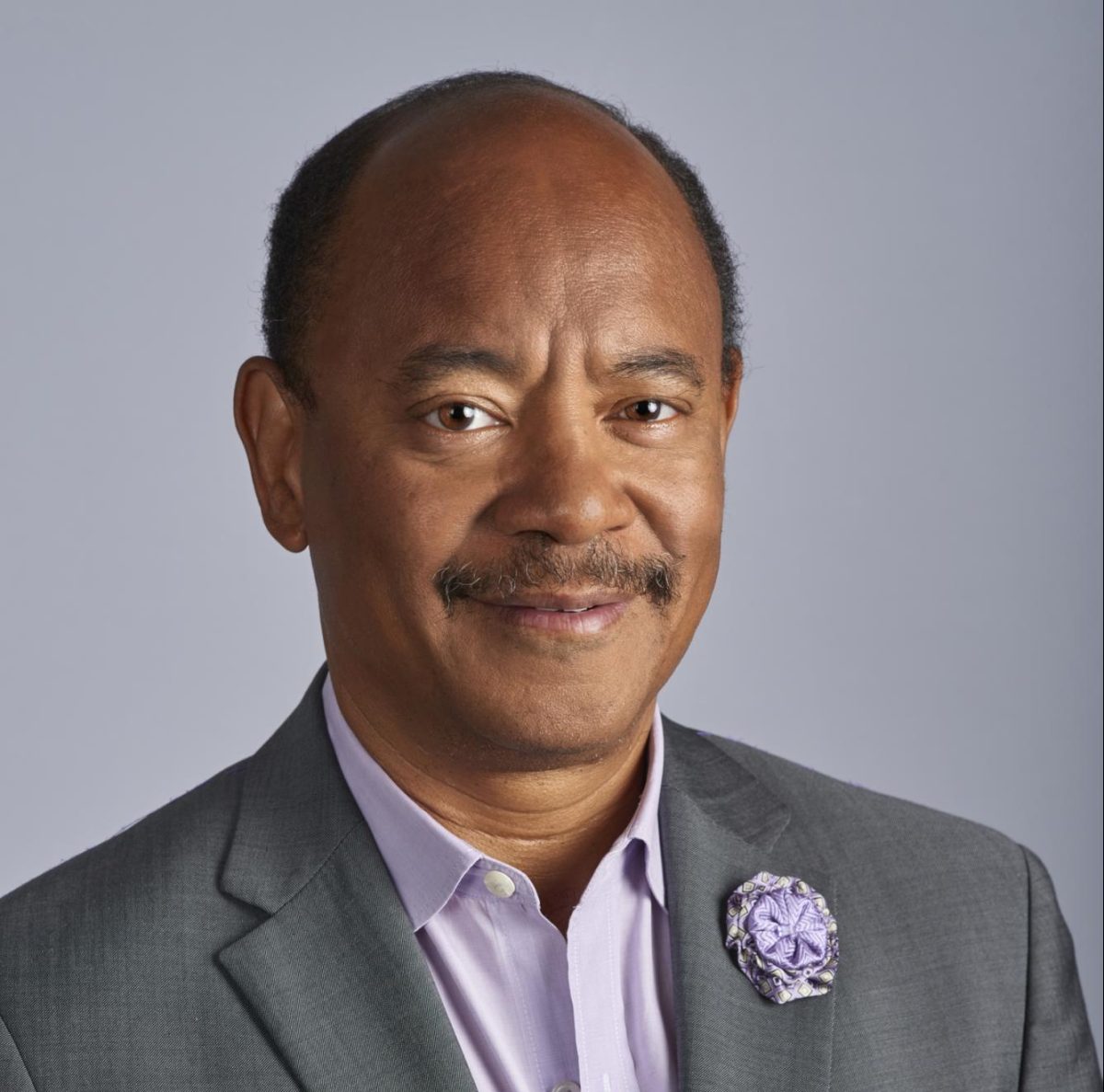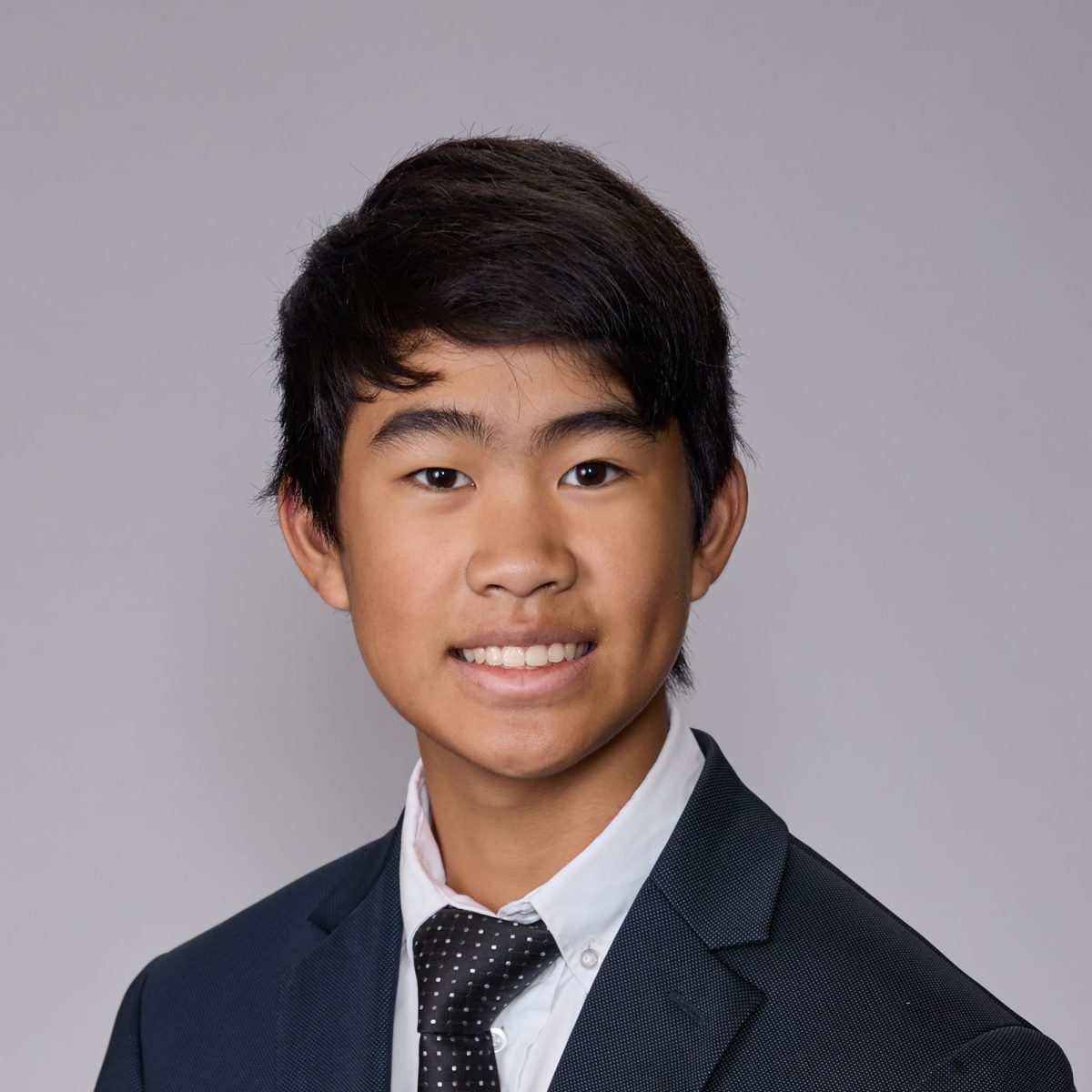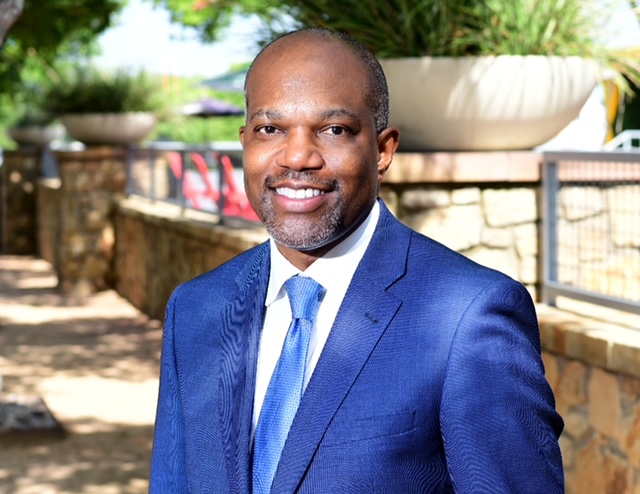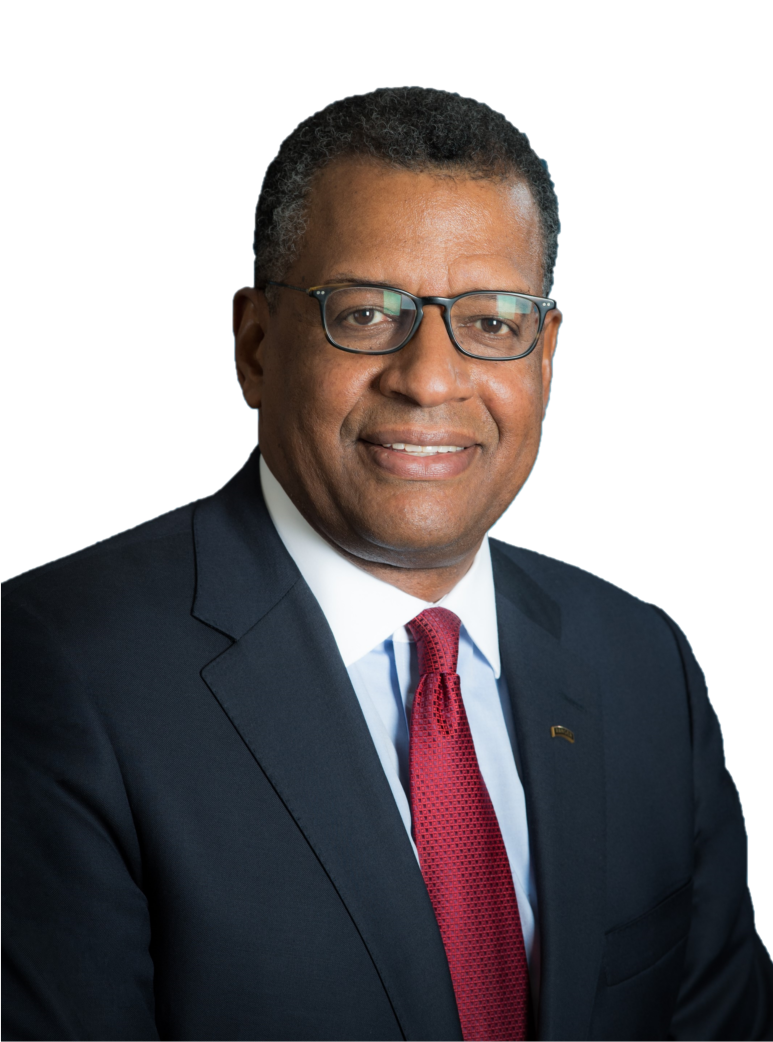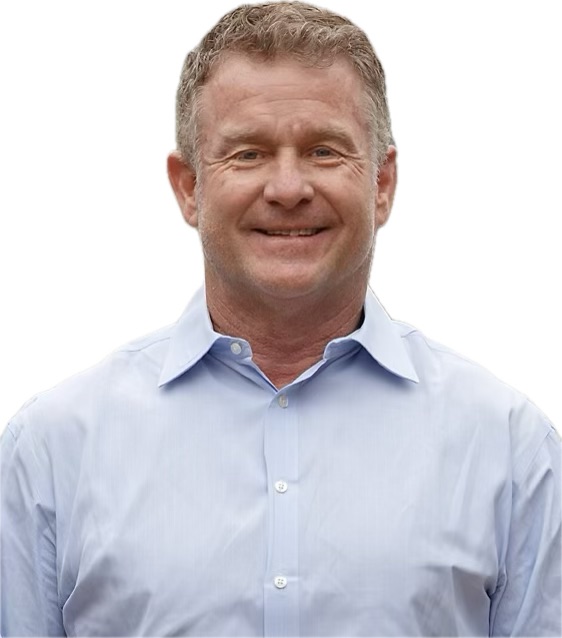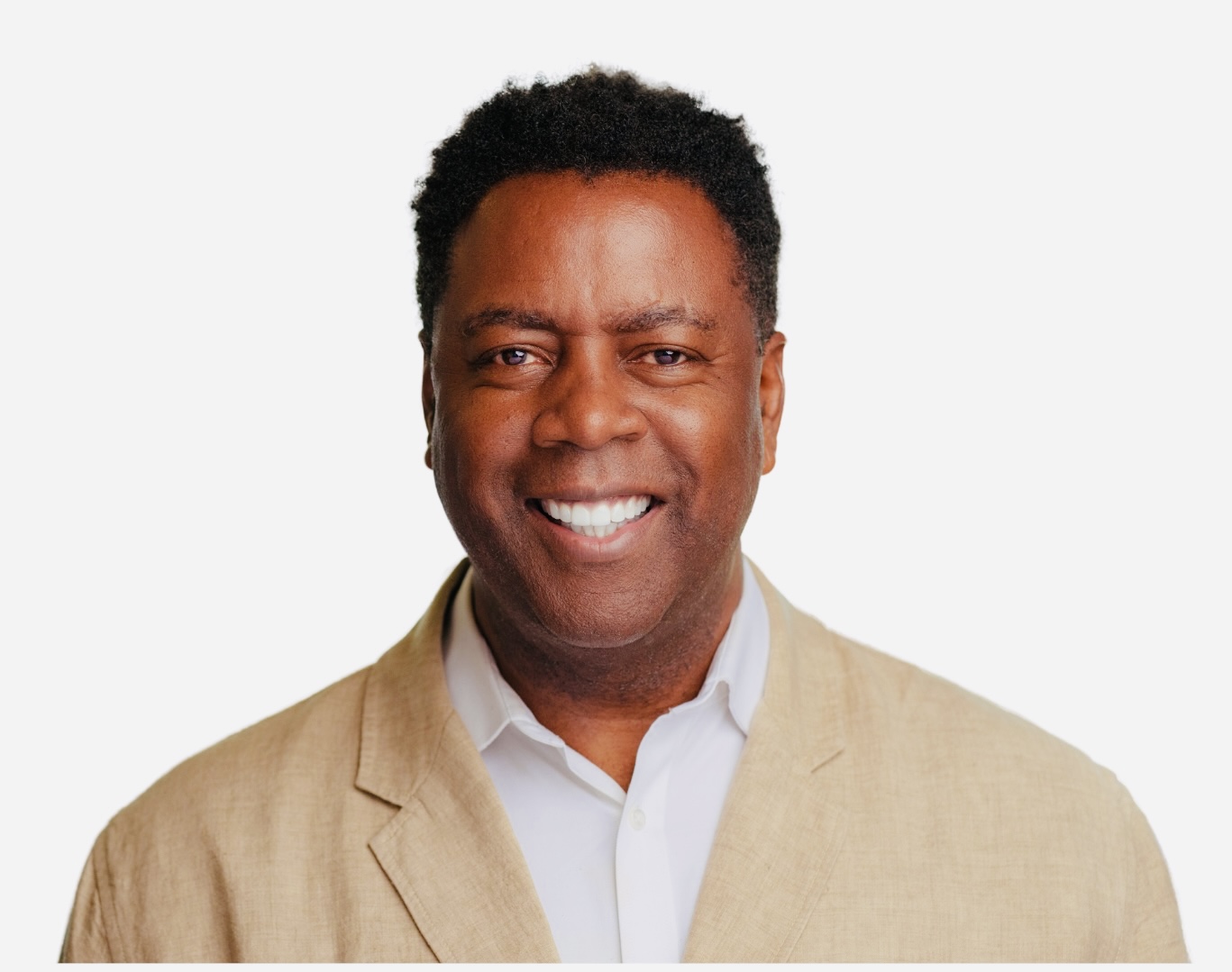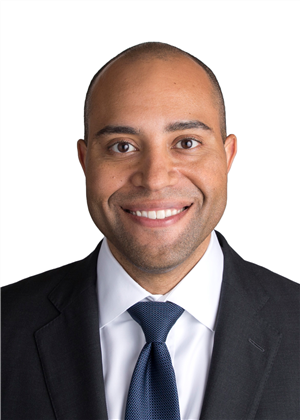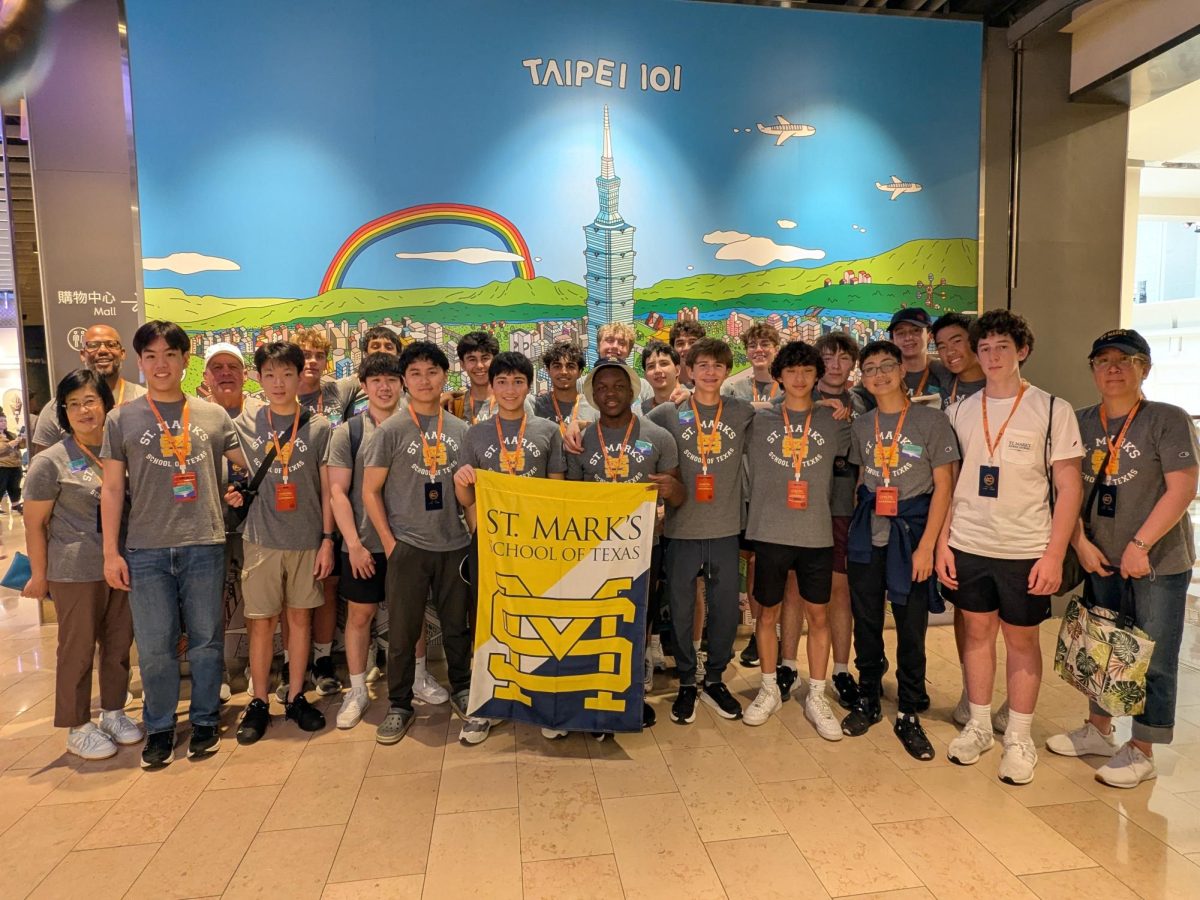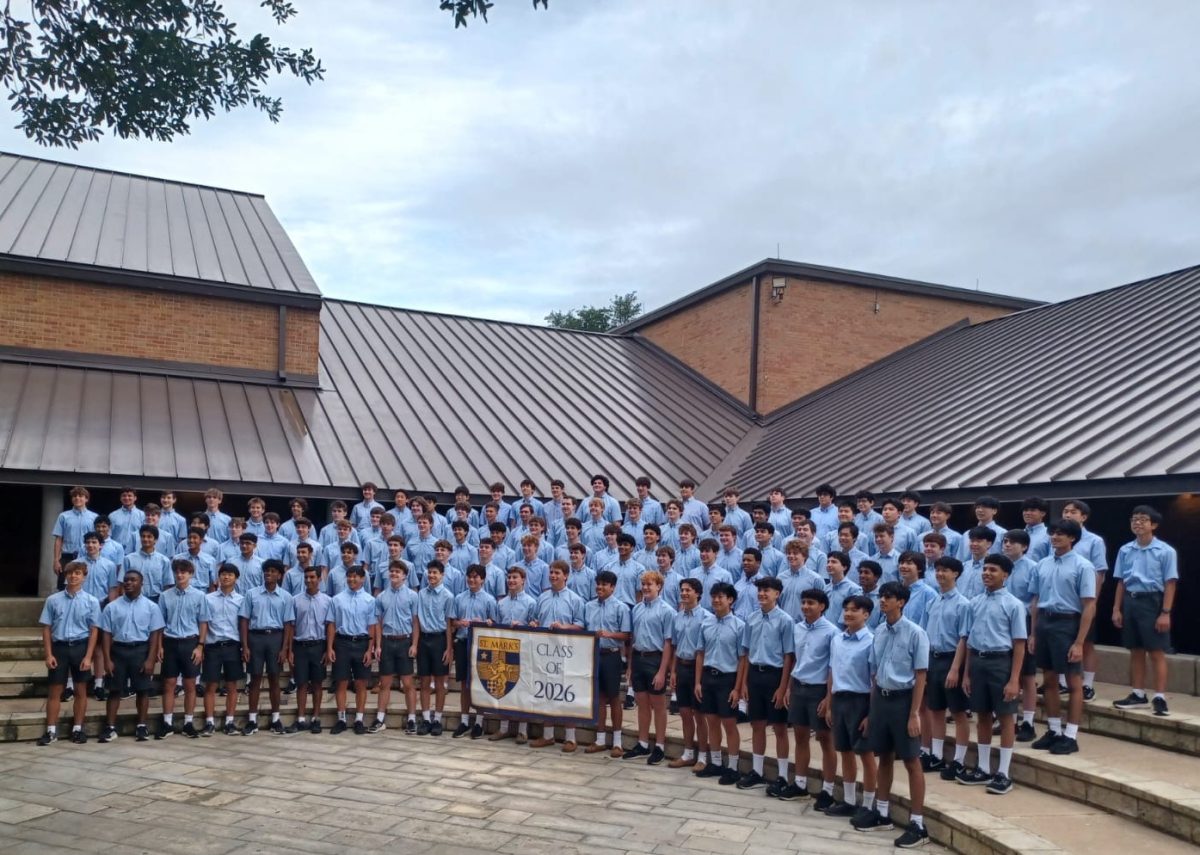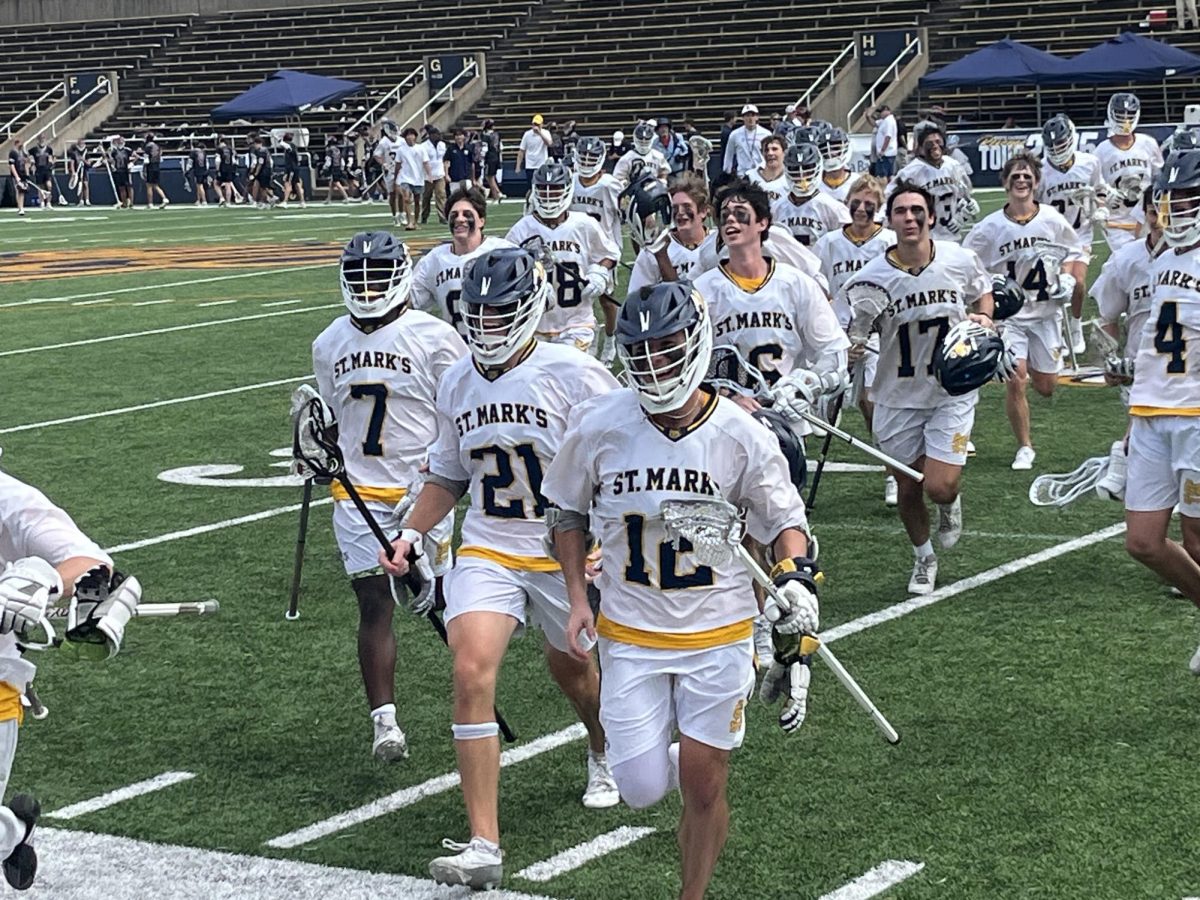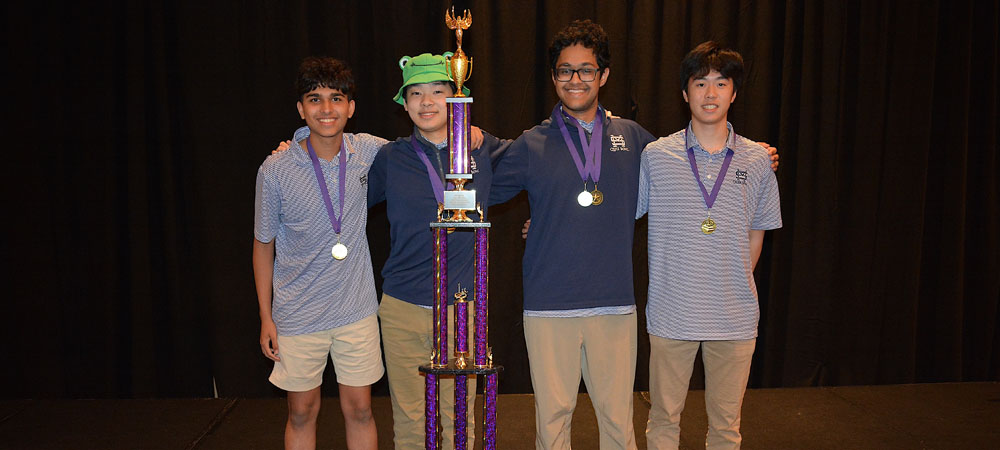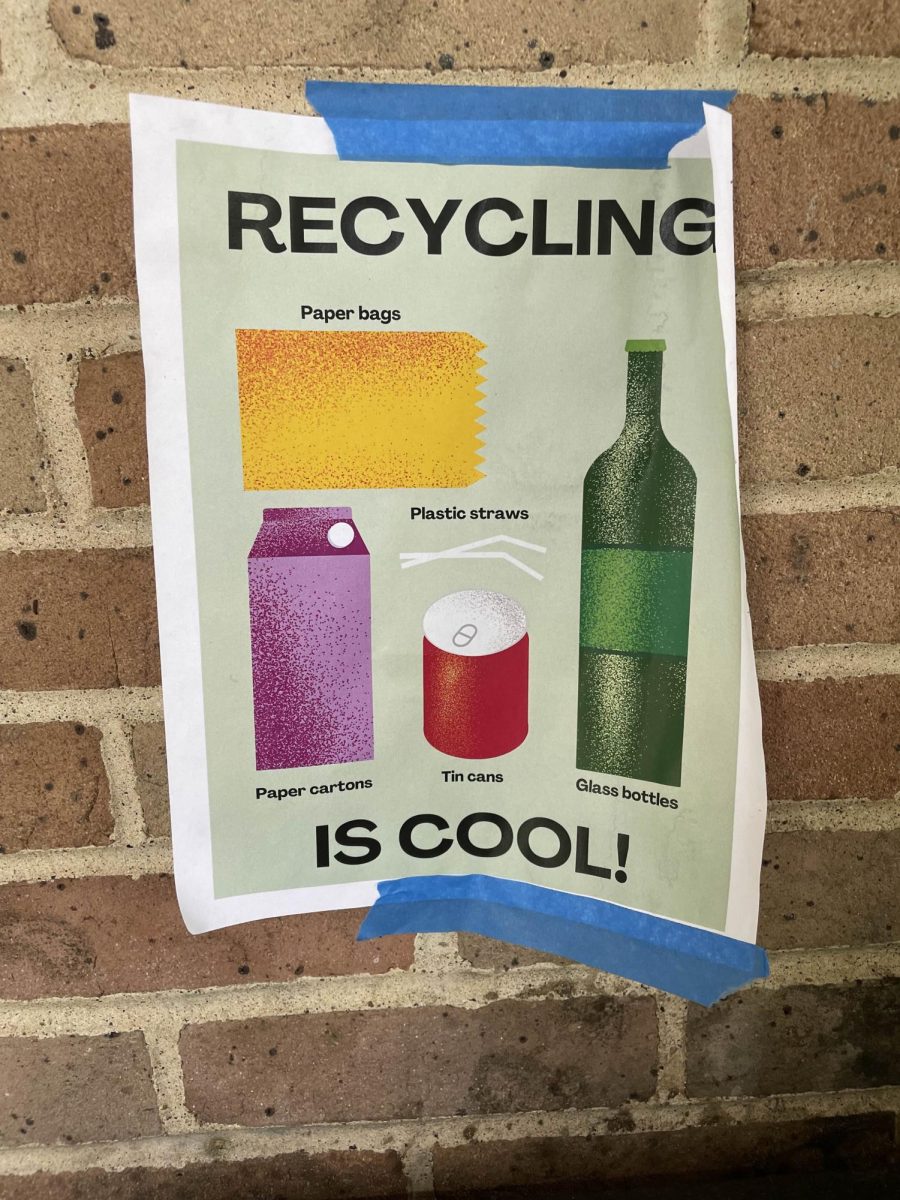Kneeland Youngblood
Kneeland Youngblood was born in the small town of Galena Park, Texas. Mr. Youngblood began his academic and political involvement at a young age. By 14, Youngblood got the opportunity to work in the Texas legislature. While at Princeton, Mr. Youngblood studied at the University of Stockholm. After graduating from Princeton University, Mr. Youngblood went to the University of Texas medical school, where he graduated in 1982. Youngblood got involved in politics on campus and in the anti-apartheid movement. Mr. Youngblood spent 14 years in emergency room services before moving to the private sector. Mr. Youngblood founded the private equity firm Pharos Capital Group, LLC. Additionally, Mr. Youngblood has also worked with several politicians, including President Bill Clinton, and sits on the board of several large companies, including Gap Inc. and Burger King Corporation.
Lawrence: Could you tell us a bit about where you grew up and how your parents impacted you and helped you become the man you are today?
Mr. Youngblood:
I grew up in Galena Park, TX, outside of Houston. I have four brothers and two sisters. I had extraordinary parents who focused on education and hard work; they are fundamental to my upbringing. Both of my parents finished high school at 15 and college at 19. Both went to grad school. Both my grandparents finished college in the 1920s. One of my grandfathers finished medical school in 1930, and he went to medical school. All of my siblings finished college. Most of my siblings went to graduate school. This was all in Texas, which was extraordinary. My family focused on education and hard work. Growing up in Galena Park, I had great experiences in an all-black community. I didn’t know of any single black parent. It was all two-parent families. There was a collective effort to raise all the kids in the community. Any parent had responsibility for all the kids, and so it was very much a loving community, and again, they all raised us.
I have had great experiences. At 14, I got to skip part of school and work in the Texas legislature. At 16, I became an exchange student in Greece, which opened my world up. When I returned, my family moved to Dallas, finishing my junior and senior years in Dallas. I went to Princeton University. I spent my junior and senior years in Europe, a semester in Sweden at the University of Stockholm, and a semester in the UK at a small College in Oxford, England. In England, I studied the British and Swedish healthcare systems. After that, I came back to medical school. However, before returning to medical school, I got involved in politics on campus and in the anti-apartheid movement. I participated in a sit-in, but after that sit-in demonstration, I returned to Med school at the University of Texas and UT Southwestern. I spent four years in Med school. I also researched the Middle East, Israel, Egypt, and Jordan. After that, I trained in surgery in New York. I did my residency in emergency medicine in Atlanta. I came back to Dallas and practiced for 12 years, but eventually, I exited medicine and founded a private equity firm where I focused on investing in healthcare.
Lawrence: St. Mark’s stresses the importance of character and leadership. The character leadership handbook says to lead with our head, our heart, and our hands together as a whole. How does this concept help you in different stages of your career?
Mr. Youngblood:
At different stages of my career, it’s been quite fundamental. I mentioned that I was in Cairo for research. I had an apartment on the Nile with pyramids in the background, and I used to go to the Sahara desert. I would meditate looking at these pyramids, which were built 5000 years before Christ, and it makes you very, very small. It makes you feel very, very small. And they’re a continuum of time.
I thought to myself and thought about at the end of my life, when I’m dying and taking my last breath, who is it I want to be? What is it that I want to define me? What are my priorities in life? I could reverse engineer to get to that point in my decisions moving forward. At different points in time in my life, I’ve had challenging choices to make. For example, when I left the practice of medicine, a secure profession, I was married with six kids. They went to Hockaday and Saint Mark’s; these schools have many expenses. I decided to leave because there was a potentially greater opportunity out there. It’s being thoughtful about what one does but also taking action and being very much involved in giving back to people who need it as well. That’s been fundamental to my success in helping others, and by doing so, it’s come back to help me.
Lawrence:
One part of the St. Mark’s handbook says, “Leaders are aware that they cannot thrive in the long run unless their communities thrive and respond. Leaders assume ownership of the well-being of their communities and respond to needs as they arise. Leaders are also aware that different communities have different missions that other communities reason for existing.” What does servant leadership mean to you? Do you have any specific testimonials of leadership in subsequent leadership situations that resulted in change and affected the communities around you?
Mr. Youngblood:
Rabbi Hillel, an ancient Jewish rabbi, said, “If you know I am not for me. If, in essence, I’m you,” (I’m giving you the general terms of what he’s saying.) If I’m not for myself, who will be for me? If I’m only for myself, who am I? If not now, when? One must look and care for yourself and your family because if you don’t, no one else will.
Additionally, don’t be so selfish that you only take care of yourself and your family because you know that’s also not good. Finally, “if not now when” means act, don’t wait. Philosophically, I’m very much aligned with that proposition.
In terms of specific examples, my great, great, great grandparents were slaves in Texas. They owned a significant piece of acreage in Texas. There has been a multi-year battle in court over the land, which is in the oil fields in the Eagle Ford shale of Texas. We want to make sure that our family’s ownership is maintained in that land, even though it’s been disputed. Over the past 12 years, we’ve been in different courts involving litigation about the land where I have 200 plus descendants. As a team effort, my siblings, cousins, and broader relatives have been focused on this, and I’ve been helping to lead that charge. We’ve taken the case from the District Court to the appeals court to the Texas Supreme Court, back to the District Court. But the latest is that we have a unanimous decision in our favor that we are the owners of this property. We’ll see where it goes from here, but the point is that taking action impacts not just my immediate family but my 200-plus relatives, including the broader community within this county in Texas. It also speaks to the fact that many families have been disenfranchised with regard to their respective properties for various reasons. We were not going to allow that to happen, so we fought, and we’ve been in court now for 12 years, and so far, we’ve won.
Lawrence: What do you believe are the most important virtues of a good leader?
Mr. Youngblood:
The virtues of a good leader among the most important is to lead by example. He used to lead by example. It’s one thing to tell somebody what to do. It’s another thing to show them. One must show them not just in a single episode but really by how you live your life, how you make the decisions that you make, the people you surround yourself with, how you accumulate knowledge, how you treat people, all of those things. It is about leading by example, and if you lead by example, people will follow you correctly.
Lawrence:
How do you lead through ethical and unethical decision-making? What are some examples where you had to make tough decisions based on ethical motivation?
Mr. Youngblood:
I’m in the investment management business now. I was confronted with a very large institution I had approached about investing in my firm. They took an interest in me and said, “we will give you $500 million for you to know a specific strategy that makes sense to us.” We went through the due diligence process, and talked all the way up the chain of leadership within the organization, and they checked me out. They liked what I had done and said, “We’re going to build this relationship.” Just prior to my final meeting, I got approached by someone who knew them well and said, “They’re very excited about this, but you need to pay me some money for this because I need to pay a bunch of other people. I said no, I can’t do that. I checked with some of the other authorities, people who have been involved, and they said, “Oh my God, this is, this is crazy.” As it happened, I went to the final meeting, and they took the money away. I didn’t regret my decision. I thought that was a line I couldn’t cross. Fast forward to what ended up happening. This was an elected official who ultimately ended up going to prison. Other people were found guilty, and it became a great scandal, which led to a series of laws on the books saying you can’t pay people, and they call it pay to play. When I have situations like that presented to me, I think about my parents and what they would want me to do, and so that’s my moral compass in terms of my reputation and my decision-making process.
Lawrence: St. Marks has a working definition of a Marksman, and one of those things has to do with making ethical decisions. A Marksman is “a current student or alumnus who embodies in word and action the school’s mission, a scholar, advances towards mastery in the chief disciplines of the arts, sciences, and languages, and athlete. He thrives in competition and demands that his body express the virtues of his spirit. A leader, he understands his own identity, success, and happiness as being inseparable from that of the communities of which he is a part and strives to move his communities forward in their missions. How have some or all of the experiences that I just described helped you lead your organization to success and uplift those around you?
Mr. Youngblood:
First and foremost, you lead by example. Servant leadership is exactly the example of how I feel it is best to have the most significant impact on my organization. I’m happy to be the first in the office. I’m happy to be the last in the office, happy to do the hard work necessary for us to achieve what we need to achieve, and doing so gives me credibility with my employees and partners. We share a common goal where we want to achieve certain successful targets, be it on the investment side, on the impact side, and the communities that we serve, be it on the culture that we established here. All of those things resonate in terms of what I do and how I do what I do.
Lawrence: What do you think it means to become a good man?
Mr. Youngblood:
A good man is someone who, first and foremost, respects himself. He respects his body, he respects his mind, he respects his spirituality, so all parts of who he is as a person, that’s first and foremost because if you don’t respect yourself, you can’t respect other people. So first, it’s about knowing yourself. Secondly, there’s an extension where, again, how you treat people. Treating people with respect, you may agree with and disagree with them, but do it respectfully.
Also, not be afraid to stand up for what you believe, not be afraid to stand up and waver regardless of the cost and, again, the costs associated with one’s belief. If you don’t have strength in what you believe, then you’re going to be influenced in ways, and you’re never going to have strong roots, which will cause you to make bad decisions. We have many regrets, and so it’s very important to have a strong foundation of what you believe, who you are, what you’re about. That’s not to say you shouldn’t be inflexible. You want to be able to take in other ideas. You want to be able to hear what other people have to say, listen to what other people have to say, and then process that in a way that makes sense for you. Being a man is also about how you treat your fellow man and woman. There is the male, male relationship, but there’s also a male-female relationship. In both cases, being respectful and recognizing that it’s important to communicate with people, It’s important to be honest with people. It’s important to understand. You’re not always going to agree with people, but you have to respect their positions on things.
Lawrence:
St. Marks defines thriving as living the most complete life possible for you, transforming your fullest potential into actuality by understanding how the world works in your head and how to feel and respond with your heart and skillful hands. How do you implement the essential elements of thriving to lead your organization and people?
Mr. Youngblood:
It relates to cultures, particularly for young people in organizations or your peers. Having the goal, achieving that goal, exceeding that goal, and having that goal reinforce why you do what you do and how you do what you do. Develop a track record of achievement and achievement in not any way but in a purposeful way for your specific organization.
What we do at my company and how we do it is different from maybe other firms, but again, we’re still able to achieve this success. We’re able to have an impact on the communities that we want to have an impact on through our work because our work involves health care. We take advantage of the most disadvantaged communities, and so it’s being able to generate very good returns for our investors while at the same time impacting communities with the greatest disparities in healthcare.
Lawrence:
What has been the most impactful to your organization as a servant leader, and how has this affected your leadership style, and the leadership style of those around you?
Mr. Youngblood:
I exposed my team to a variety of different people, from President Clinton to successful athletes like Russell Wilson. Letting my team understand that in working here, you have the opportunity to be exposed to a much broader global community of the world. People from all over the world have come here through our offices. It’s the experience that they don’t necessarily have at another organization, so that differentiates us relative to other places where people work.
Lawrence:
What is the best way to prepare to be a leader, and how do you prepare those in your organization to lead effectively with character?
Mr. Youngblood:
Understanding yourself starts with yourself. Each of us has different strengths and different weaknesses. It’s important that we understand ourselves and that it’s equally important that we try to improve ourselves in ways that are necessary. At the same time, we surround ourselves with people who can complement us in ways that we know where we have weaknesses. Leaders have a clear sense of themselves. They also surround themselves with very good people who can complement their weaknesses, play to their strengths, and provide a moral compass. At the end of the day, most people want to do the right thing for the right reason, and they need leaders to help show them the way.

